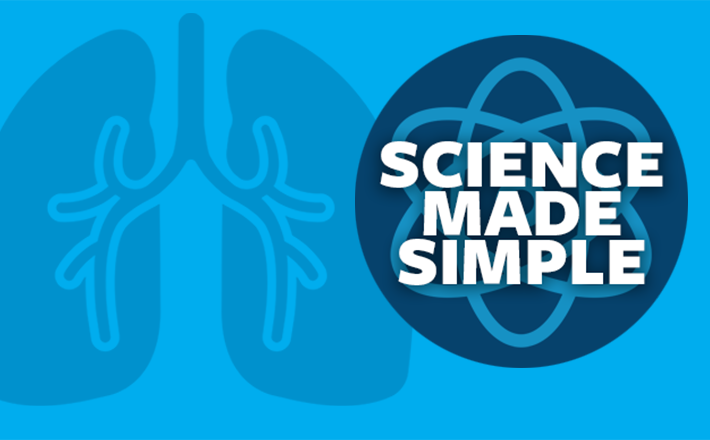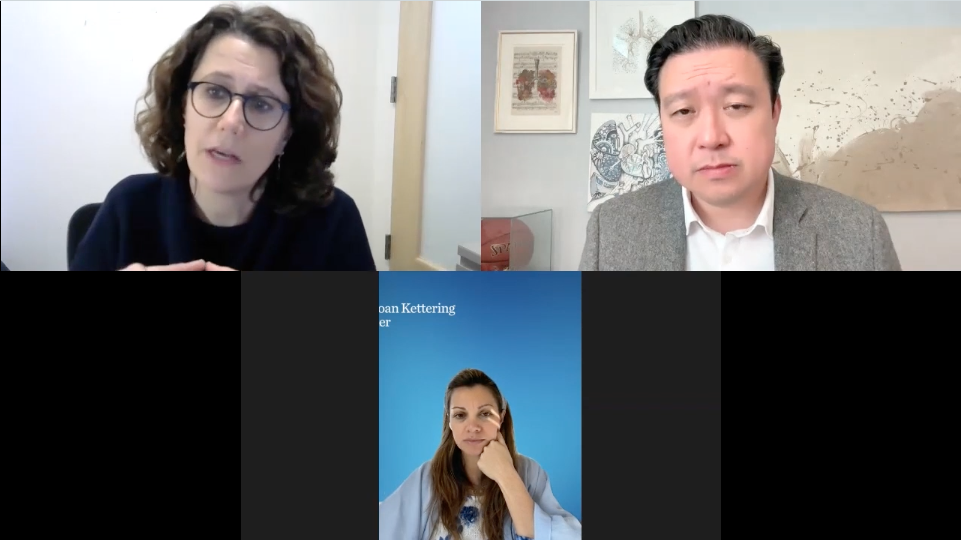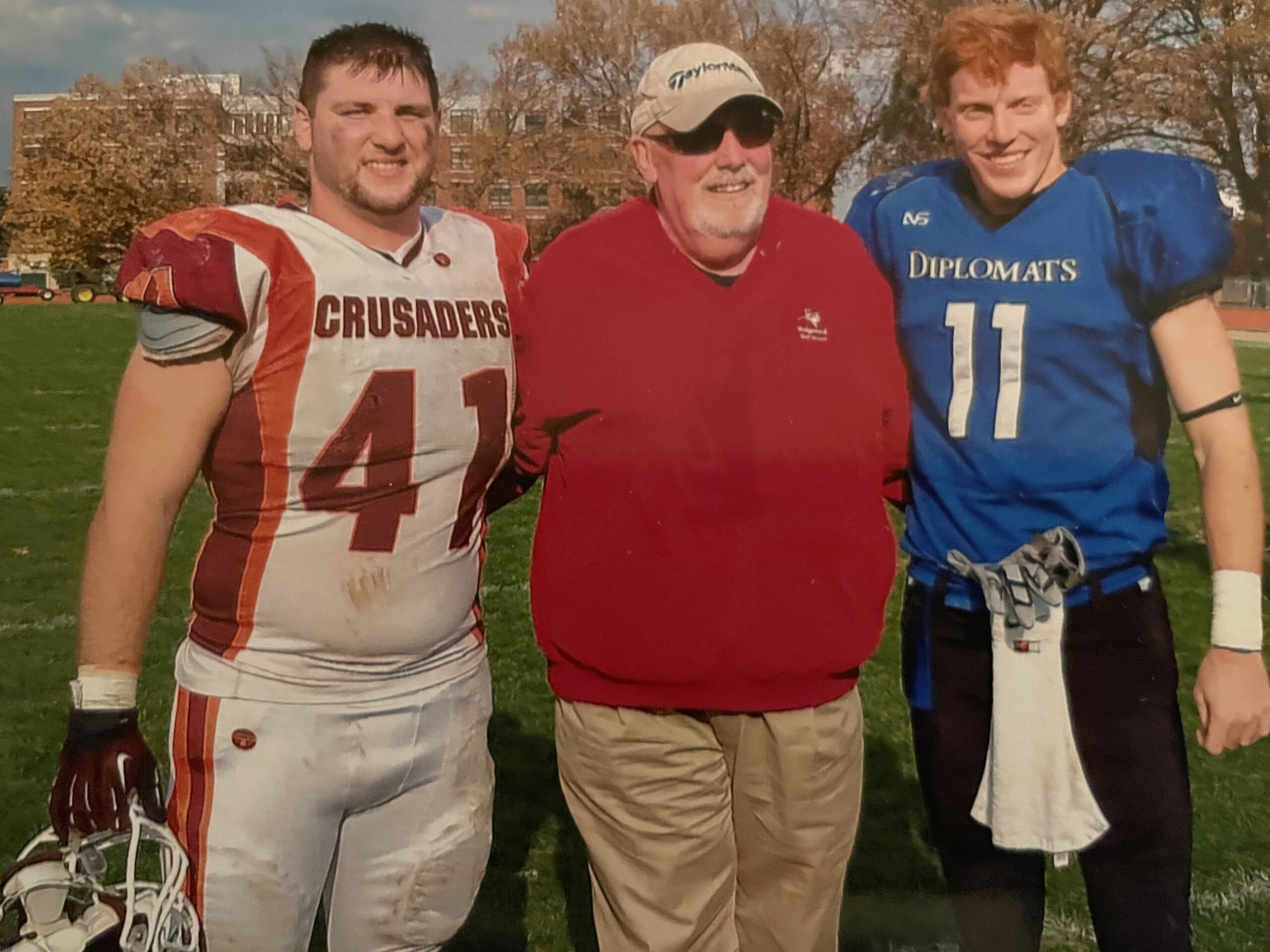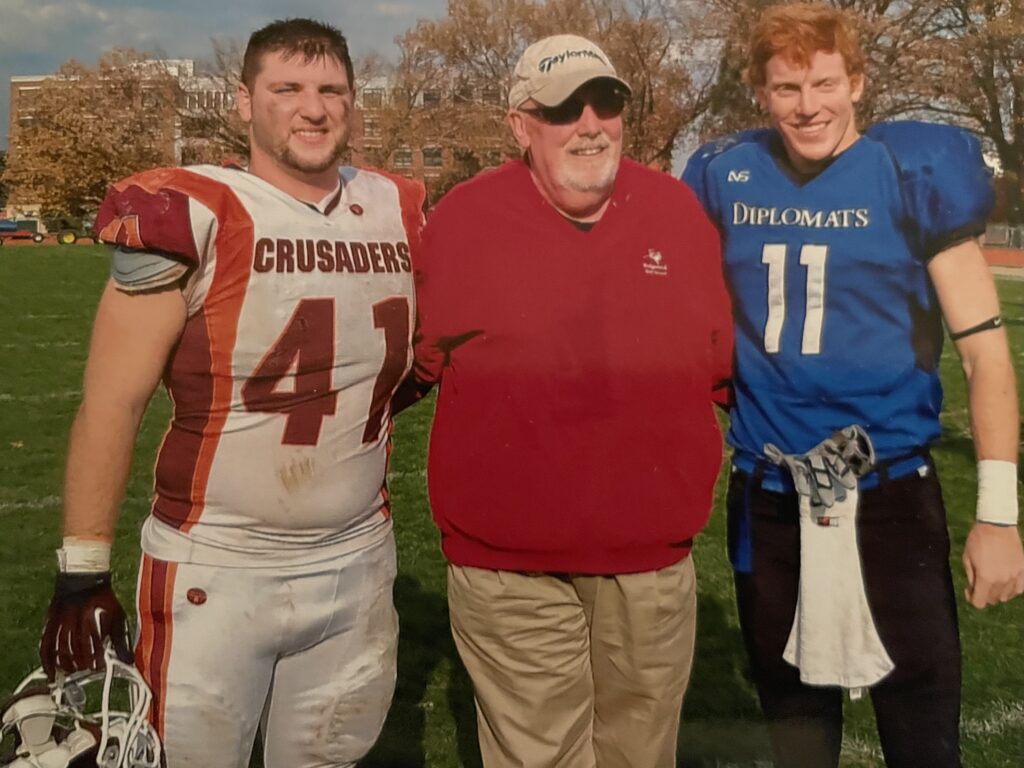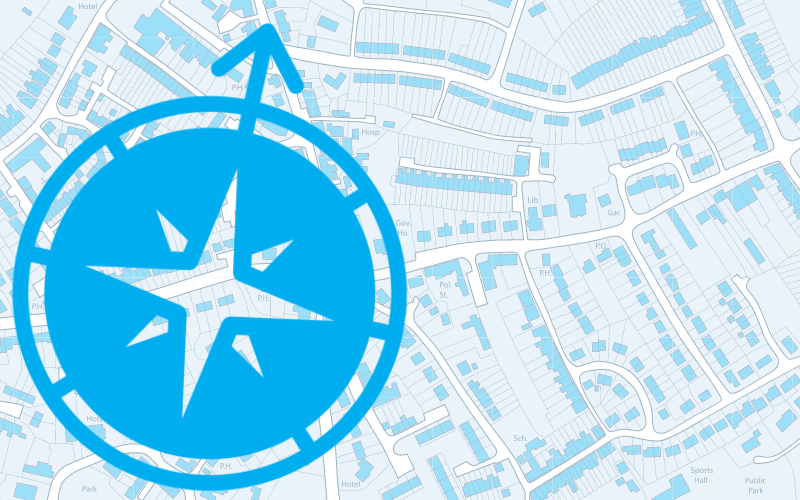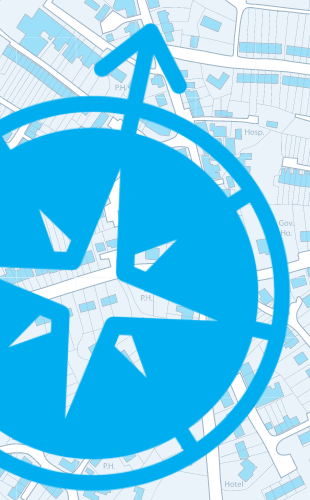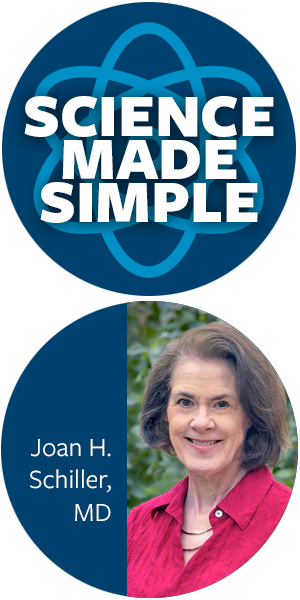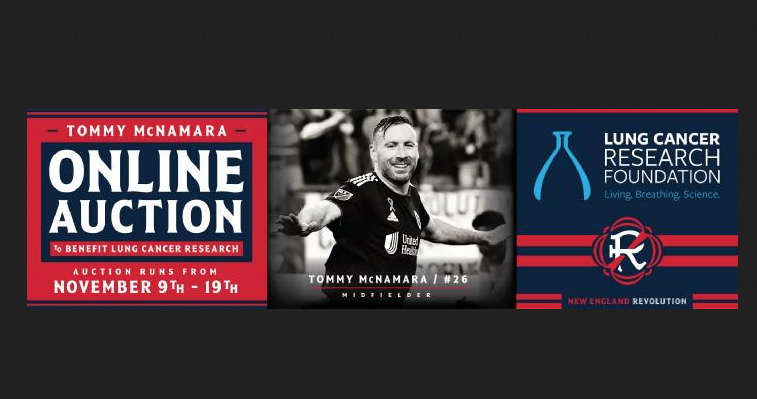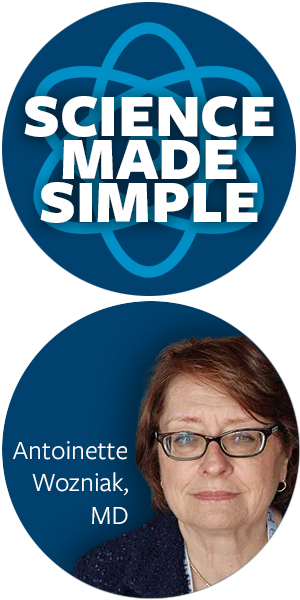
Recently, AstraZeneca shared positive high-level results from two Phase III trials in non-small cell lung cancer (NSCLC).
- The ADAURA Phase III trial demonstrated an improvement in overall survival (OS) compared to placebo in the adjuvant treatment of Tagrisso® (osimertinib) for patients with early-stage epidermal growth factor receptor-mutated (EGFRm) NSCLC. The ADAURA trial is the first trial to demonstrate a survival advantage for targeted therapy in this setting.
- The AEGEAN Phase III, placebo-controlled trial for patients with resectable early-stage NSCLC showed that Imfinzi® (durvalumab) in combination with neoadjuvant chemotherapy before surgery and as adjuvant monotherapy after surgery demonstrated a statistically significant and clinically meaningful improvement in event-free survival (EFS) versus neoadjuvant chemotherapy alone followed by surgery. This means that patients may live longer without their disease progressing.
Below, LCRF’s Chief Scientific Officer, Dr. Antoinette Wozniak, explains what these trial results mean.
ADAURA
The good news:
Patients with early stage (stages IB-IIIA) lung cancer with an EGFR mutation (EGFR exon 19 and 21, specifically) live longer if they are treated with osimertinib after surgical removal of the cancer.
Why it’s important:
This is the first trial to demonstrate a survival benefit for adjuvant targeted therapy.
The benefit to patients:
Patients with specific EGFR mutations whose lung cancer is removed live longer if treated with osimertinib after surgery.
What else we need to consider:
The trial represents a treatment advance, but there are still questions to answer. One of these unanswered questions is the length of treatment with osimertinib that is required for the maximum benefit. Another important question is whether these patients need chemotherapy as part of their treatment after surgery in addition to the osimertinib.
AEGEAN
The good news:
For earlier stage NSCLC, the combination of durvalumab (immunotherapy) and chemotherapy prior to surgery followed by durvalumab after surgery controls the cancer for a longer period of time when compared to treatment with chemotherapy alone.
Why it’s important:
The results of the trial support results seen in other similar trials utilizing neoadjuvant treatment with immunotherapy and chemotherapy.
The benefit to patients:
Patients who receive durvalumab and chemotherapy prior to surgery followed by durvalumab after surgery have better control of their disease.
What else we need to consider:
The results of the trial are promising for patients with early-stage NSCLC. However, we need to await the survival results to see if patients actually live longer because of this treatment. Other important factors to determine are the optimal length of treatment and which patients benefit the most.
